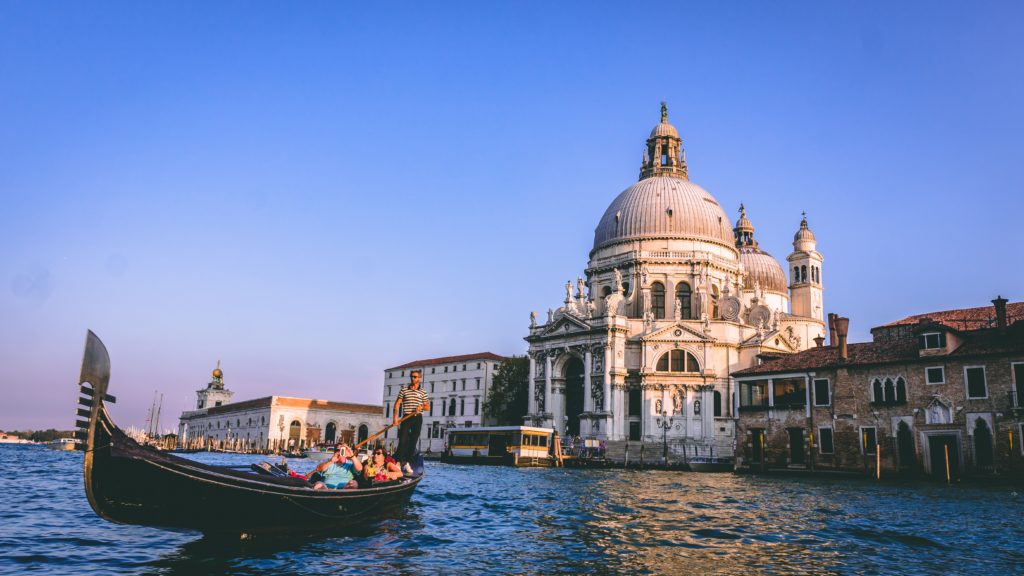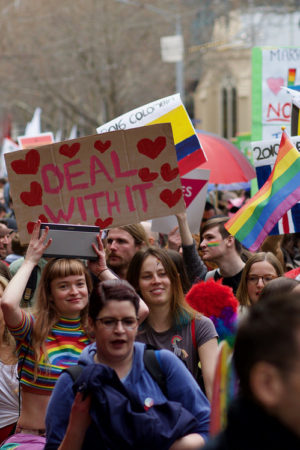A Virus is Not a Cure: Climate Change Will Remain an Issue After Covid-19

Sometime in March, while filled with dread over the Covid-19 pandemic, I had one of those delightful yet tragically rare moments on social media where I found something that gave hope among the doom and gloom. The Venetian canals were clear for the first time in years.
But that’s not all. Soon there were reports that dolphins had appeared. Dolphins! In grimy and polluted Venice! Nor was it just Venice where nature was regaining its place in the world. All over Italy came sightings of wild boars in populated areas. And in Japan, far further afield, deer were being found in subway stations.
‘Nature is healing’, the people cried, ‘we are the virus.’
Of course, like all good things on the internet, these turned out to be fake. The Venetian waterways are clearer, but only because the reduced water traffic allowed sediment to settle. The dolphins weren’t filmed in Venice but in Sardinia where the dolphins are a popular tourist draw. The Italian boars had always been there and Japan had never even gone into lockdown, nor was anyone social distancing at that stage: it was just a picture of Nara. These photos had been taken in the pre-Covid-19 world.
Within a week ‘nature is healing’ was a meme in itself. We truly are a virus.
And yet, although this has led us to treat all good news around the pandemic as a joke, there is some environmental good emerging from a world in lockdown. With fewer cars on the road and planes in the sky, air pollution is decreasing. In parts of the US, nitrogen dioxide levels were down by 30% compared with March averages between 2015 and 2019. India, where widespread protests against air pollution took place in 2019, has seen a decrease of 50% in some cities, while in some areas of the UK levels are down by 60%.
This should show us that it is far from being too late to make a difference to combat the climate crisis. In a post-pandemic world we can use our time in lockdown as a lesson for how to reduce emissions. Businesses should encourage more people to work from home and lessen the number of people on roads. The ready availability of programs like Zoom, and the fact that we are all well trained in them now, should will reduce the number of people flying for interstate, or even international meetings
But this isn’t the time to grow complacent. While these statistics are encouraging they are a short term solution. One month of lower pollution levels cannot make up for decades of gradual environmental degradation and lockdown isn’t a long term solution. We can’t expect an indefinite lockdown for the sake of the planet, just as we can’t expect millions of people to remain unemployed to reduce emissions. Even if air pollution, killing four million people each year, is almost a pandemic in itself.
This is the time for governments to realise that legislation can make a tangible difference, even in the short term. Once the Covid-19 crisis has lifted, governments have the means to create massive reforms to combat climate change. It would be too much to expect a repeat of the full upheaval of the economy that occurred around Covid-19, but changes can happen with very real effects. Improving public transport infrastructure is a clear start, to keep people off the roads and improve connectivity. Higher taxes on international travel, or tax benefits for people working from home could all encourage the changes we need in the world. Change is difficult, but so is living through this pandemic. This could be the upheaval we need to make the necessary lifestyle changes to save the world.
Our challenge now is to keep the world clean, so that when we can spend time outside again it remains pristine for us. Nature can heal, we just need to put in the work.
The 2020 Sydney University Student Anthology is now open for submissions on the topic of climate change, so send us your artworks, poetry, short fiction and non-fiction. Submit here.
 Previous Post
Previous Post Next Post
Next Post